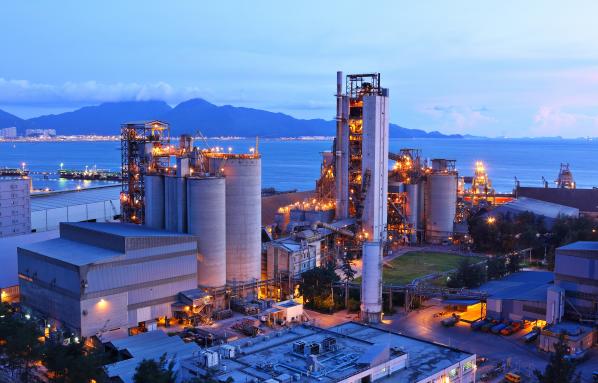A US$ 1bn W. A Cement Factory is set to be developed in Ethiopia. The factory will be developed by Worku Ayetenew, one of the East African country’s wealthiest investors.
The W.A Cement Factory will be constructed approximately 230 kilometers from the capital, in the Amhara Regional State’s Dejene town. Reportedly, the tycoon has already requested to lease 150 acres of land for the W.A Cement Factory’s construction. Worku is currently looking for a partner for the new cement factory.
Also Read: The Pavilion Bole Development in Addis Ababa, Ethiopia
Kassim Siraj stated that they have already concluded preparations to finish the construction in the next two years. Siraj is the project manager of the W. A Cement Factory. He explained that the company has already trimmed its list of potential partners six companies. The selected companies will oversee the design, supply, building, erection, and commissioning of the W. A Cement Factory.
The W. A Cement Factory project comes following the close to US$ 95.5M edible oil plant he launched last year. It will be the largest investment Ayetenew has ever made with his most recent venture, the Ahadu Bank.
W.A Cement Factory to be the latest entry into the lucrative cement market
W.A Cement Factory is the latest to entry to the lucrative cement market. Other cement industry players in Ethiopia have been active for over a decade. These players include Buzuayehu T. Bizenu, the owner of National Cement, and Al Amoudi, the main shareholder of Derba Cement. Getu Gelete, a different businessman, recently acquired a 40% share in Habesha Cement from Pretoria Portland Cement Factory Ltd.
The government opened the market to foreign competition through an investment regulation approved two years ago. As a result, this has attracted the interest of global investors. A cement plant worth USD 2.5 billion was recently built in Ensaro, Amhara Regional State. This was through a partnership between National Cement and a Chinese company.
There are currently 13 operational cement factories with an installed capacity of 15.4 million tons. Their actual capacity, however, is only 6.3 million tons as a result of, aging machinery and poor maintenance.
The current demand-supply gap is expected to be closed by companies in the pipeline. The existing factories on the other hand are expected to operate at least 85 percent of their capacity installed on average.

Leave a Reply